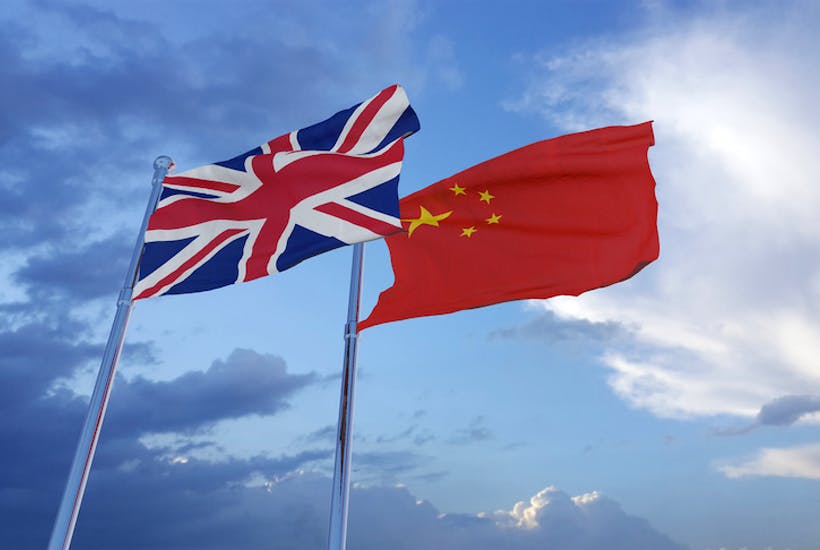The creation of the National Security Council under David Cameron was supposed to join up parts of British government which had not previously had the right forum. We would now be able to survey all functions of security right across government. How odd it is that this coordination was not applied to the issue of Huawei years ago. Whatever may be said against great powers, they do have in their political bloodstream a constant sense of security threat, both external and internal, which helps them develop strategy. The United States and China both devote huge amounts of money and brainpower to the subject. Despite September 11 2001, and despite the emergence of the NSC, Britain seems to have lost some of this sense, or at least allowed one real threat — Islamist terrorism — to distract it from another, that of China. The complete picture still seems to be missing, and to lack political direction.
British softness towards China partly reflects our officials’ love of the setup there. ‘China hands’ love to feel part of a priesthood of experts working with a country unsullied by democracy. Not for nothing do we speak of a ‘mandarinate’ when referring to Whitehall. Our most expert China hand was the late Sir Percy Cradock. No one knew more about the Chinese regime and its culture. He was a great public servant. But he also felt that China was a delicate vase which only people like him could handle. This made him too tender to Chinese leaders and too reluctant to help our ministers confront some of the most ruthless people on earth. His spirit lives on in our approach to Huawei.
This article is an extract from Charles Moore's Spectator Notes, available in this week's magazine.







Comments